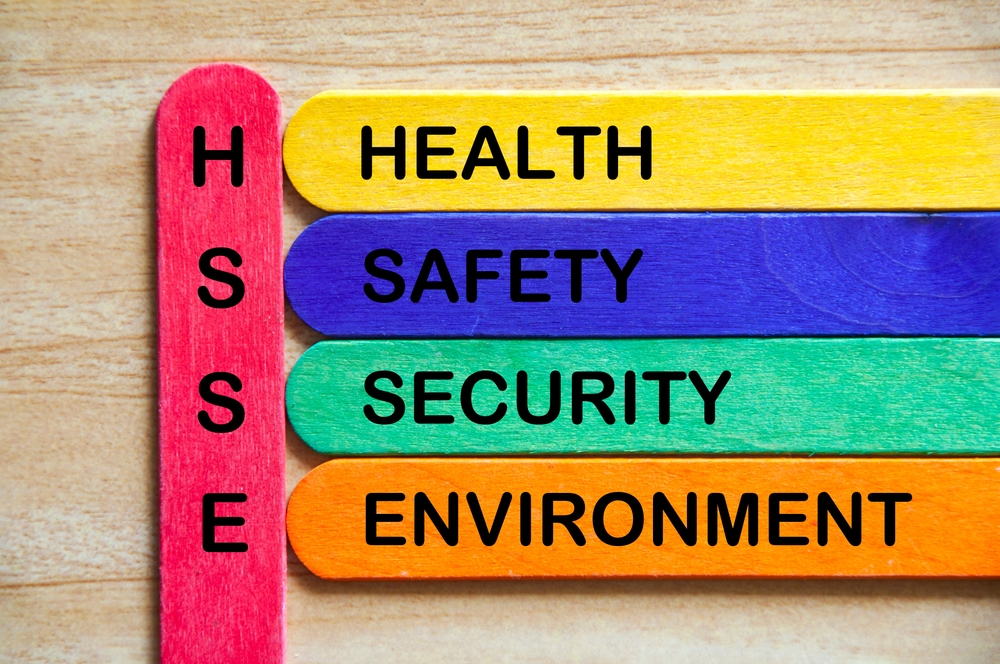

This course is important in learning about security protocols and risk assessment. It offers important measures for the evaluation of security risk, creating security protocols, and ensuring the protection of property and personnel.
| City | Start Date | End Date | Fees | Register | Enquire | Download |
|---|---|---|---|---|---|---|
| Sharm El Sheikh | 23-06-2025 | 27-06-2025 | 3950 $ | Register | Enquire | |
| Paris | 30-06-2025 | 04-07-2025 | 6200 $ | Register | Enquire | |
| Casablanca | 07-07-2025 | 11-07-2025 | 4950 $ | Register | Enquire | |
| Madrid | 14-07-2025 | 18-07-2025 | 6200 $ | Register | Enquire | |
| Dubai | 21-07-2025 | 25-07-2025 | 4300 $ | Register | Enquire | |
| Cairo | 28-07-2025 | 01-08-2025 | 3950 $ | Register | Enquire | |
| London | 04-08-2025 | 08-08-2025 | 6200 $ | Register | Enquire | |
| Kuala Lumpur | 11-08-2025 | 15-08-2025 | 4950 $ | Register | Enquire | |
| Casablanca | 01-09-2025 | 05-09-2025 | 4950 $ | Register | Enquire | |
| Amsterdam | 08-09-2025 | 12-09-2025 | 6200 $ | Register | Enquire | |
| Vienna | 15-09-2025 | 19-09-2025 | 6200 $ | Register | Enquire | |
| Dubai | 22-09-2025 | 26-09-2025 | 4300 $ | Register | Enquire | |
| Singapore | 06-10-2025 | 10-10-2025 | 5500 $ | Register | Enquire | |
| London | 13-10-2025 | 17-10-2025 | 6200 $ | Register | Enquire | |
| Kuala Lumpur | 20-10-2025 | 24-10-2025 | 4950 $ | Register | Enquire | |
| Vienna | 27-10-2025 | 31-10-2025 | 6200 $ | Register | Enquire | |
| Dubai | 03-11-2025 | 07-11-2025 | 4300 $ | Register | Enquire | |
| Madrid | 10-11-2025 | 14-11-2025 | 6200 $ | Register | Enquire | |
| Cape Town | 17-11-2025 | 21-11-2025 | 5600 $ | Register | Enquire | |
| Casablanca | 24-11-2025 | 28-11-2025 | 4950 $ | Register | Enquire | |
| Cairo | 01-12-2025 | 05-12-2025 | 3950 $ | Register | Enquire | |
| Amsterdam | 08-12-2025 | 12-12-2025 | 6200 $ | Register | Enquire | |
| Madrid | 15-12-2025 | 19-12-2025 | 6200 $ | Register | Enquire | |
| Barcelona | 22-12-2025 | 26-12-2025 | 6200 $ | Register | Enquire |
A key skill for occupational safety and health officials is a deep understanding of the human and behavioral dimensions of the profession. Effective communication is crucial, as most management tasks depend on it.
Successful communication involves various aspects, including sharing the organizational vision with the workforce, responding to requests, providing leadership, and evaluating performance.
This security procedures and risk assessment training program incorporates the latest best practices and models, preparing participants to address current administrative challenges effectively.
At the conclusion of this security procedures and risk assessment course, participants should be able to:
Unit 1: Contemporary Management Mentality & Role of Safety Inspectors
Unit 2: Professional Communication
Unit 3: Behavioral Skills in Effective Interpersonal Communication
Unit 4: Excellence Skills for the Safety Officer
Unit 5: Negative Behaviors in a Hazardous Work Environment
Through this security procedures and risk assessment training, participants will gain awareness of real risks and the benefits of conducting security risk assessments.
This knowledge will empower participants to improve security procedures, control risks, and contribute to organizational security dynamics to address future threats effectively.



















